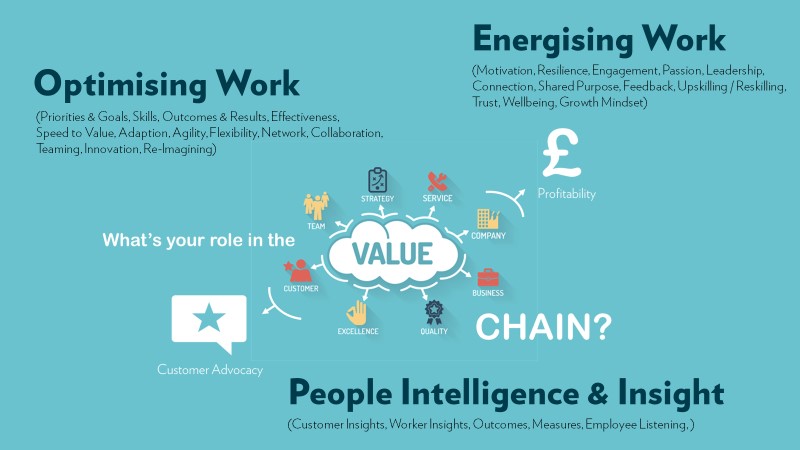The COVID-19 pandemic changed the way we work in many ways. Some of those changes are here to stay and provide learning professionals with a significant opportunity to optimise work and build engagement.
Despite research showing that a large proportion of workers would like to continue to work from home as the pandemic eases, we still have a lot to learn about how to work sustainably from home and how to maintain productivity in a remote workplace.
Learning to create, work and manage a high-performance team in a virtual workplace is possibly one of the most important upgrades to our organisation in recent months. And whilst we may have come to understand the tools of virtual working – mastering the team culture and understanding the interplay of teams and expectations and workflows is something we still need to do.
Research suggests that most of us are struggling to make virtual working work for us as individuals. The productivity surge from virtual working is coming at a cost to our people’s mental health. Research carried out by Microsoft (https://news.microsoft.com/en-gb/2020/09/08/for-remote-working-to-be-a-success-the-first-thing-we-need-to-change-is-how-we-think-about-it/) shows that 62% of respondents felt less connected to their team working from home.
We need to learn as individuals, teams and organisations to create a more sustainable way to deliver results and build our virtual company culture.
The mental health charity MIND highlights the five ways to wellbeing – Give, Keep Learning, Be active, Take Notice, Connect. In many ways these elements represent a charter for all organisations to make virtual working more successful. But turning them from being words into behaviours requires learning, coaching and support in how we work. And in that respect learning is and will be essential in driving sustainable success in the future.

That’s learning not just from courses, resources and coaching, but also through the peer to peer sharing of knowledge, trust building, relationship building, our connections and feedback. The human touch of working as a team is too easily ignored when we only transition working practices without connecting social behaviours into the virtual workplace. This is not about the technology but the human touch, and the culture we all need to thrive as a virtual team.
When the world of work changes so fundamentally, how work is organised, how we function as teams, how we create a culture of high performance virtual teams and teaming, how we engage with new customer behaviours, new markets and products – that requires a whole shift in the skills of our people.
Fosway Group has produced a paper exploring the four areas of focus to optimise work and engage the workforce.

